In the era of digital transformation, businesses are constantly seeking robust, scalable, and efficient technologies to build their enterprise applications. From complex data dashboards to comprehensive internal management systems, the right framework can make all the difference. Among the top contenders, Google's Angular framework consistently stands out as a premier choice for business digitalization, and for good reason.
At its core, Angular is a powerful, component-based platform designed for building sophisticated single-page applications (SPAs). Its structured nature and comprehensive feature set provide a solid foundation for enterprise-grade projects that demand high performance, maintainability, and long-term stability.
One of Angular's most significant advantages is its opinionated, component-based architecture. This structure enforces a clean separation of concerns, making code more organized, reusable, and easier to manage. For large-scale business applications with multiple developers, this consistency is invaluable. It reduces the learning curve for new team members and ensures that the codebase remains maintainable as it grows.
For applications like business dashboards, which are rich with dynamic data, Angular's powerful data binding capabilities are a game-changer. Its implementation of two-way data binding streamlines the synchronization between the model and the view, meaning that any change in the data is automatically reflected in the UI, and vice-versa. This leads to more interactive and responsive user interfaces with less boilerplate code.
Angular is built with TypeScript, a superset of JavaScript that adds static typing. This is a massive benefit for enterprise applications. Type safety catches errors during development, not in production, leading to more reliable and bug-free code. Furthermore, TypeScript's features like interfaces and decorators, combined with excellent IDE support, make refactoring and navigating large codebases significantly easier.
Angular is more than just a library; it's a complete platform with a rich ecosystem. The Angular CLI (Command Line Interface) automates many development tasks, from project setup to building and deployment. Angular Material provides a suite of high-quality, pre-built UI components that follow Material Design principles, perfect for creating professional-looking dashboards. The inclusion of RxJS for reactive programming allows for elegant handling of asynchronous events and data streams, a common requirement in real-time data applications.
Performance is critical for business applications, and Angular delivers. Features like Ahead-of-Time (AOT) compilation, which compiles your application at build time, and lazy loading, which allows you to load modules on demand, result in faster load times and a better user experience. This means your users can access their dashboards and data analytics tools without unnecessary delays.
Backed by Google and supported by a massive global community, Angular offers the long-term stability and support that businesses need. You can be confident that the framework will continue to be updated with the latest security patches and features, and a wealth of tutorials, libraries, and community support is always available to help solve any challenges.
In conclusion, Angular's combination of a structured architecture, powerful data binding, the safety of TypeScript, a comprehensive ecosystem, and a strong focus on performance makes it an outstanding choice for business digitalization. Whether you are building a complex data dashboard, an internal CRM, or any other enterprise-level application, Angular provides the tools and foundation you need to succeed.



